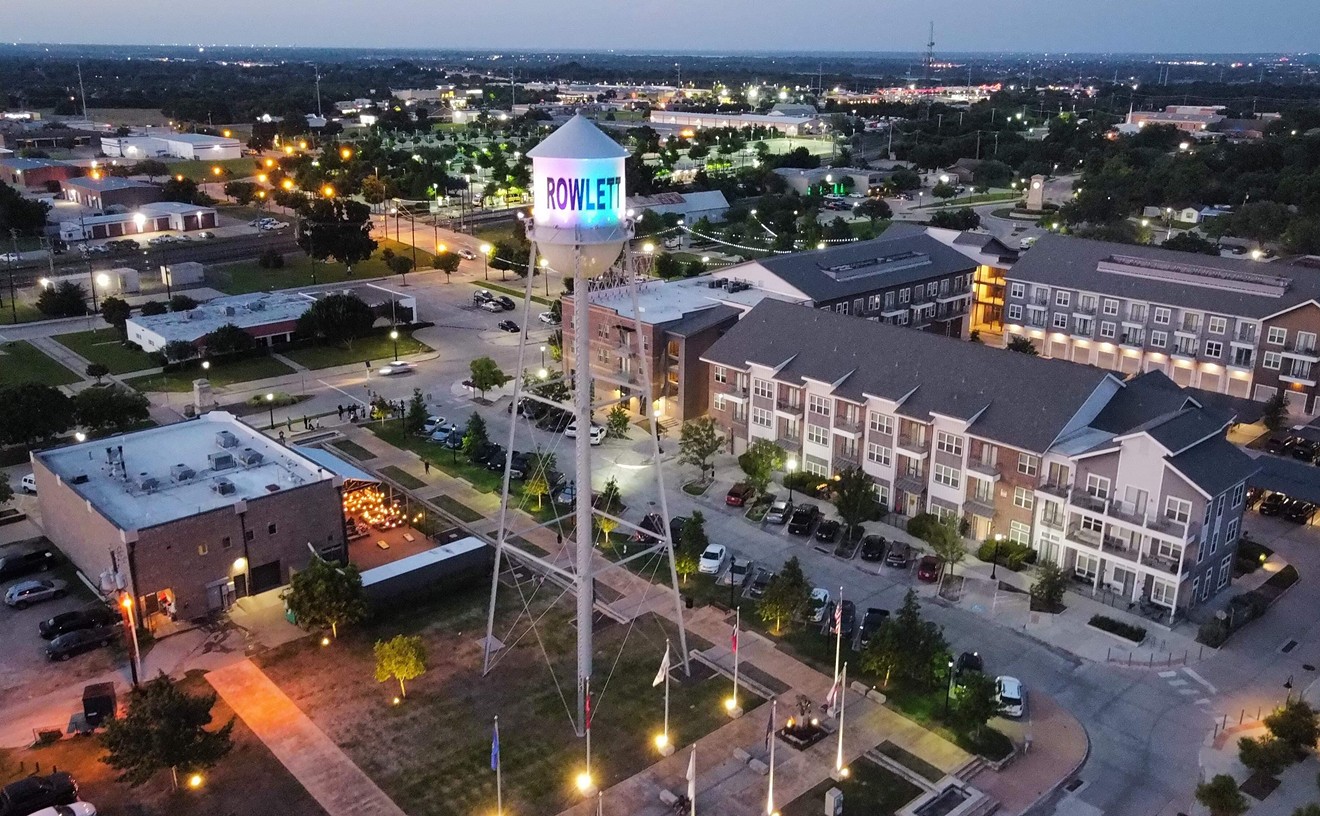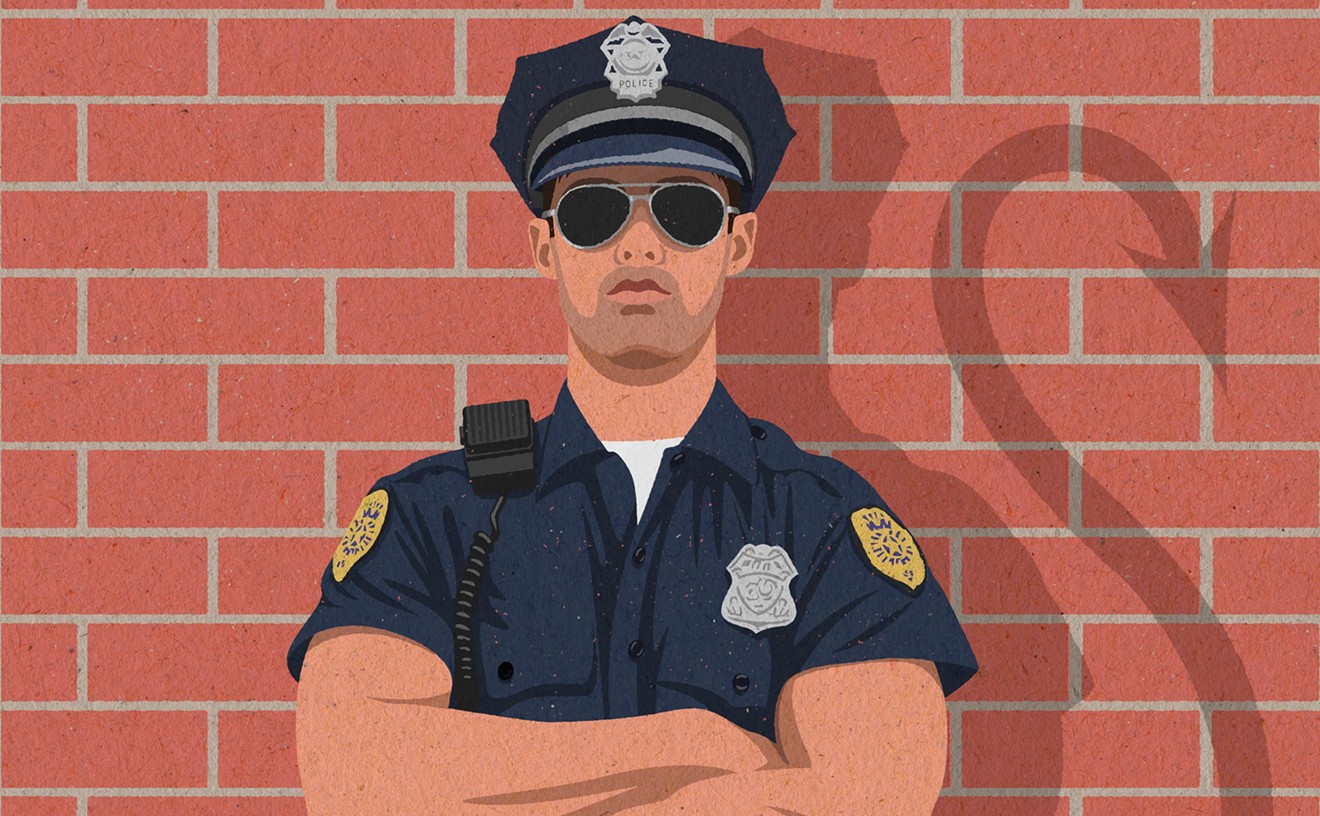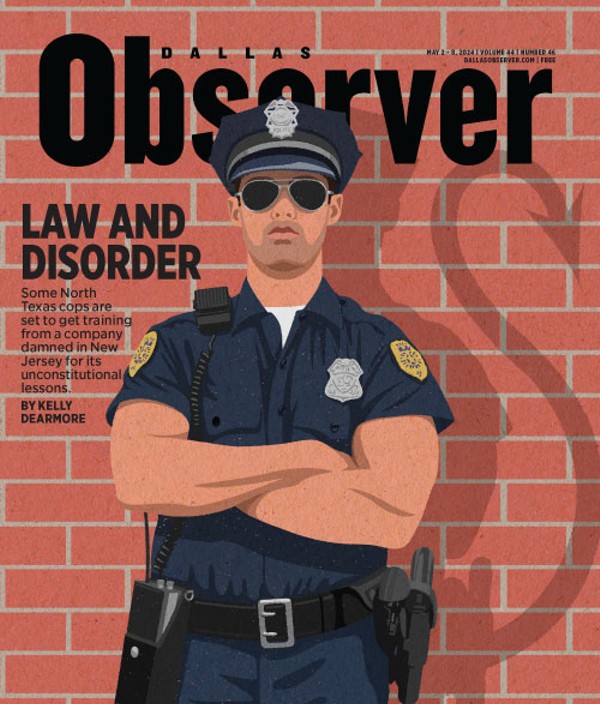The Dallas Morning News ran a picture earlier this week of Mayor Mike Rawlings with a huge grin on his face while he watched a gigantic mechanical claw rip down a dilapidated house in West Dallas -- exactly the grin I might have have had, too, had I been there.
Watching stuff get knocked down is, as the mayor so aptly observed, "too cool." Only thing cooler is watching stuff get blown up.
But then what? The mayor is claiming the demolition -- the city's 272nd in 2014 -- as part of his "Grow South" campaign to improve the economy and quality of life in poor minority sectors of the city. The people who live near abandoned structures tend to view them as Halloween houses of horror, only real, and tend to believe nothing good can happen until those structures are obliterated.
But obliteration is the easy part. I think of what Habitat for Humanity had to do four years ago to acquire several properties not far from the house the mayor watched getting knocked down this week. In question were four houses owned by the West Side Gator Boyz, a gang said to operate 20 drug houses in the Los Altos neighborhood, where the Boyz made their presence known by walking an alligator around on a leash.
Habitat took notice of the Gator estate when they spotted a story here by Sam Merten, reporting that the 35-year-old leader of the gang, one Tyrone Weatherall, had been convicted on major cocaine charges, fined $4 million and sentenced to life in prison (not a first offense).
Habitat persuaded a federal civil asset forfeiture program called Operation Goodwill to deed over the four house lots in question on Life Street. The street, by the way, was named long before Mr. Weatherall moved in. So Habitat got the property for free, right? Not really.
In order to take title, Habitat had to pay off $70,000 in liens including $15,000 in delinquent property taxes, $1,000 in grass-mowing liens, $46,000 in child support liens and $6,000 for two years of U.S. Marshals Service maintenance charges.
The terms of the grant from Operation Goodwill also required Habitat to build and sell homes at each of the addresses within one year of acquisition. When I checked a couple days ago, none of the properties on that block was still in Habitat's name, so I assume they met the requirements of their deal, as Habitat always does.
The lot values for the properties when Habitat acquired them was a little less than $10,000 each according to the county tax appraisal district, which is what they are still worth now in spite of the removal of the alligator. So Habitat paid $70,000 for the privilege of receiving a gift of assets worth $40,000 minus cost of demolition.
Because the imagery of the mayor's grin and the collapsing house reminded me so much of my origins, I forced myself to catch up again on the always depressing saga of Detroit, my home town. The verdict seems to be that there is no way Detroit, acting on its own, can come up with the money required to knock down the 72,000 structures it needs to obliterate according an Obama Administration report. Some type of massive outside assistance will be required to make even a serious dent.
The problems there -- and, one assumes, here -- can go way deeper than unpaid liens. Blighted neighborhoods around the country have also been insulted by a phenomenon called "bank walkaways," according to a 2010 U.S. Government Accounting Office report, in which banks simply wash a property from their books without notifying anybody, so that the property reverts to previous owners, some of whom may have no idea they still own it.
Another stubborn problem involves the Mortgage Electonic Registration Systems (MERS), a kind of national off-the-books title-swapping service. Dallas County was one of several Texas counties that filed suit against MERS several years ago claiming $10 billion in damages caused by robo-signing of mortgages and deliberate hiding of ownership. But those claims all took a hit in 2013 when a federal court dismissed similar lawsuits.
If you drive West Dallas and some parts of southern Dallas, you will see so many weed-clotted vacant lots, tumble-down abandoned houses and properties not far from ruin that you can feel like you're in Detroit. In terms of the city's ability to convert those properties to healthy, productive tax-paying uses, we're not that different. Those bulldozer-moments are barely the beginning, even if they are, admittedly, way cool.











